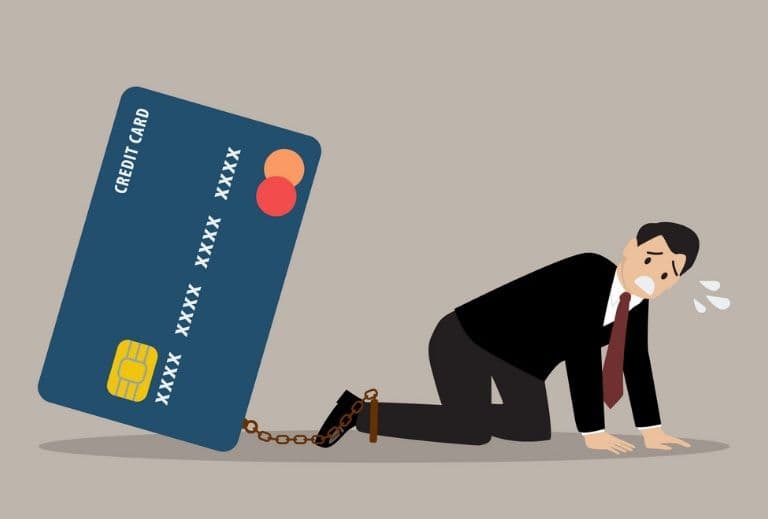
Debt-Based Economies: Why They're Failing Today
M4KTABA TEAM
contact
السلام عليكم ورحمة الله وبركاته
Why debt-based economies are collapsing and how Islam warned us centuries ago. Understand the Islamic view on debt and modern finance.
The Cracks in Modern Economies Are No Longer Hidden
Today’s global economy runs on one dangerous fuel: debt. Governments borrow trillions, individuals drown in credit, and inflation eats away at savings.
But this isn’t new — Islam identified the core problems of debt-based economies over 1,400 years ago.
🔍 What Is a Debt-Based Economy?
A debt-based economy relies on constant borrowing to grow.
Money is often created through loans with interest (riba), which fuels:
- Unsustainable government debt
- Consumer dependency on credit cards and loans
- Inflation that devalues money over time
This system is fragile by design — and it's showing signs of collapse.
🕋 The Islamic View: A Warning from the Past
Islam strictly prohibits riba (interest). Why?
“Allah has permitted trade and forbidden riba…” — Surah Al-Baqarah 2:275
Islam promotes real, asset-backed trade and mutual benefit. Not profit from hardship.
When wealth circulates without exploitation, society thrives. But when debt becomes the norm, inequality rises and crises follow.
💡 What We're Seeing Today Matches the Warnings
- 2008 financial crash? Fueled by bad debt.
- Student loan crisis? Interest-chained generations.
- Soaring inflation? A result of fiat money expansion.
Modern economies are repeating cycles Islam warned us about — proving the timeless relevance of Divine guidance.
🧠 Why This Matters for Muslims in the West
Living in the U.S., Muslims face daily financial decisions.
Understanding Islamic finance isn’t just spiritual — it’s practical.
- Avoiding riba helps protect wealth and faith
- Buying and selling real goods (like books or honey) supports ethical commerce
- Supporting Islamic marketplaces (like M4KTABA) empowers halal alternatives
🙋♂️ FAQ: Islam & Debt-Based Economies
Q1: Why is riba prohibited in Islam?
A: Because it leads to injustice, inequality, and societal instability. Islam encourages trade and real economic growth instead.
Q2: Is using credit cards haram?
A: If you incur interest (riba), yes. But if paid off monthly with no interest, many scholars allow it with caution.
Q3: Are there Islamic alternatives to debt-based systems?
A: Yes — like profit-sharing (mudarabah), leasing (ijarah), and trade-based models.
Final Thought
Modern debt-based economies are collapsing under their own weight — just as Islam predicted.
It’s time we realign with faith-based financial principles.
في امان الله.
----------------------
👉 Visit M4KTABA to explore books on Islamic economics and support a marketplace rooted in halal trade.